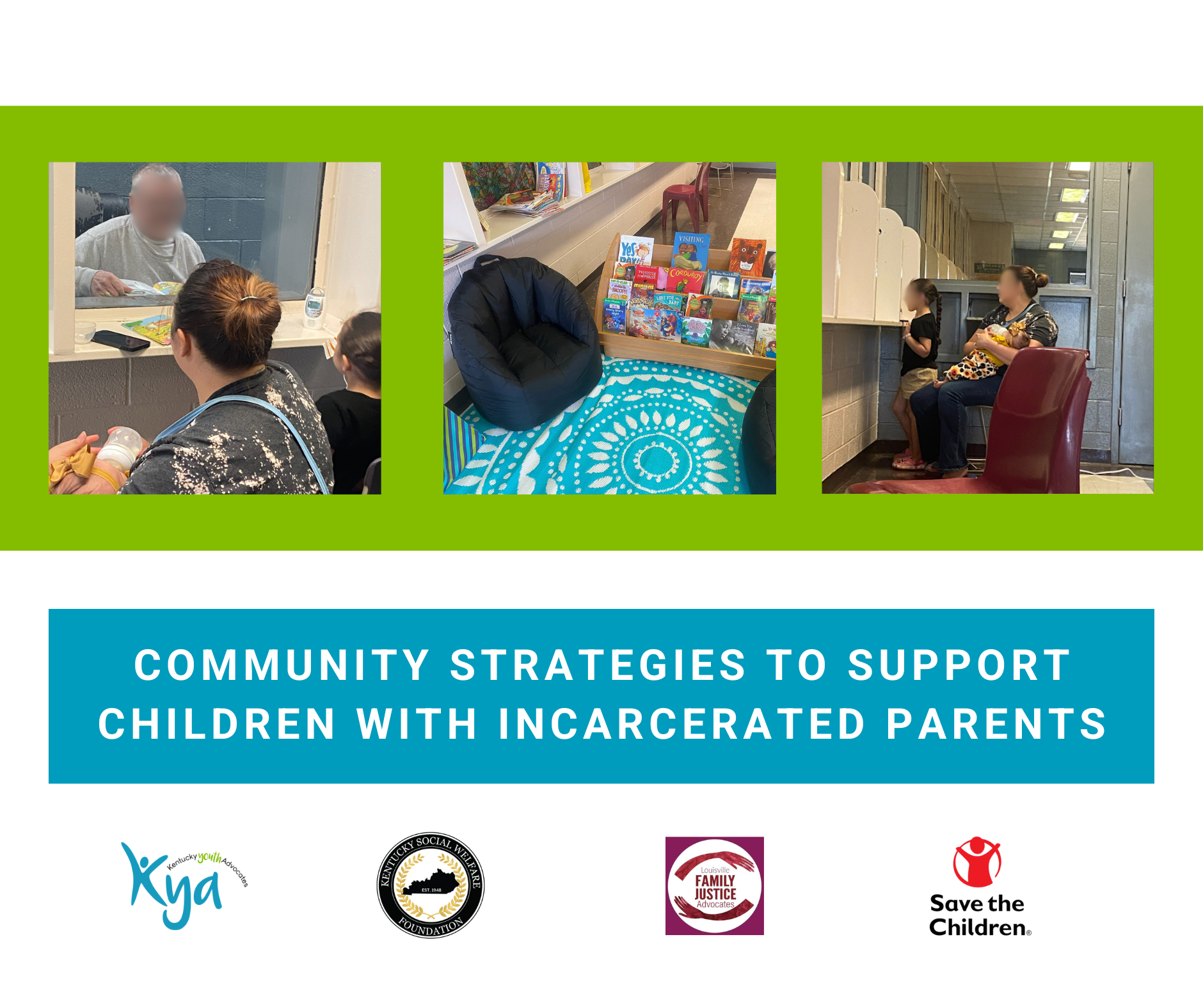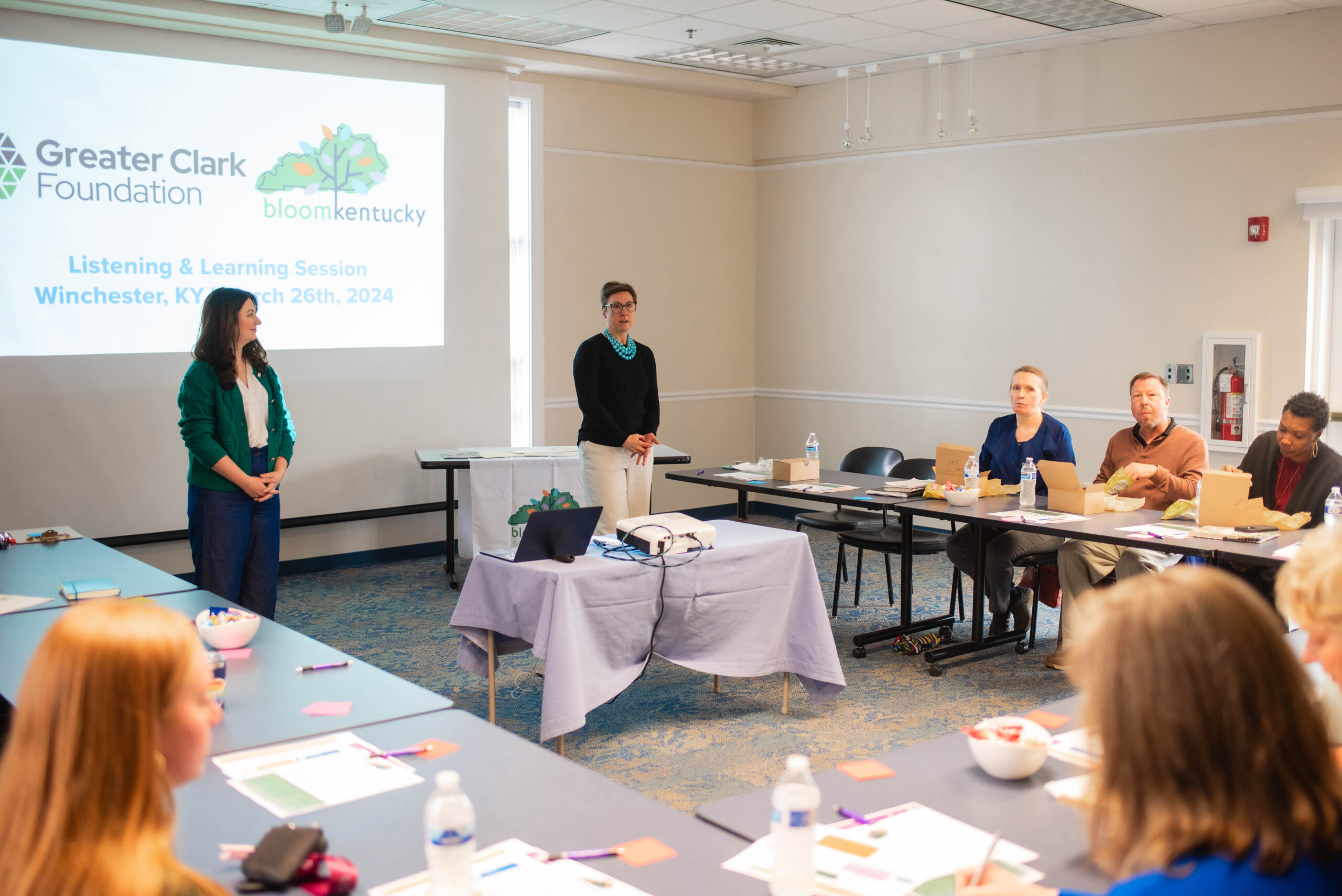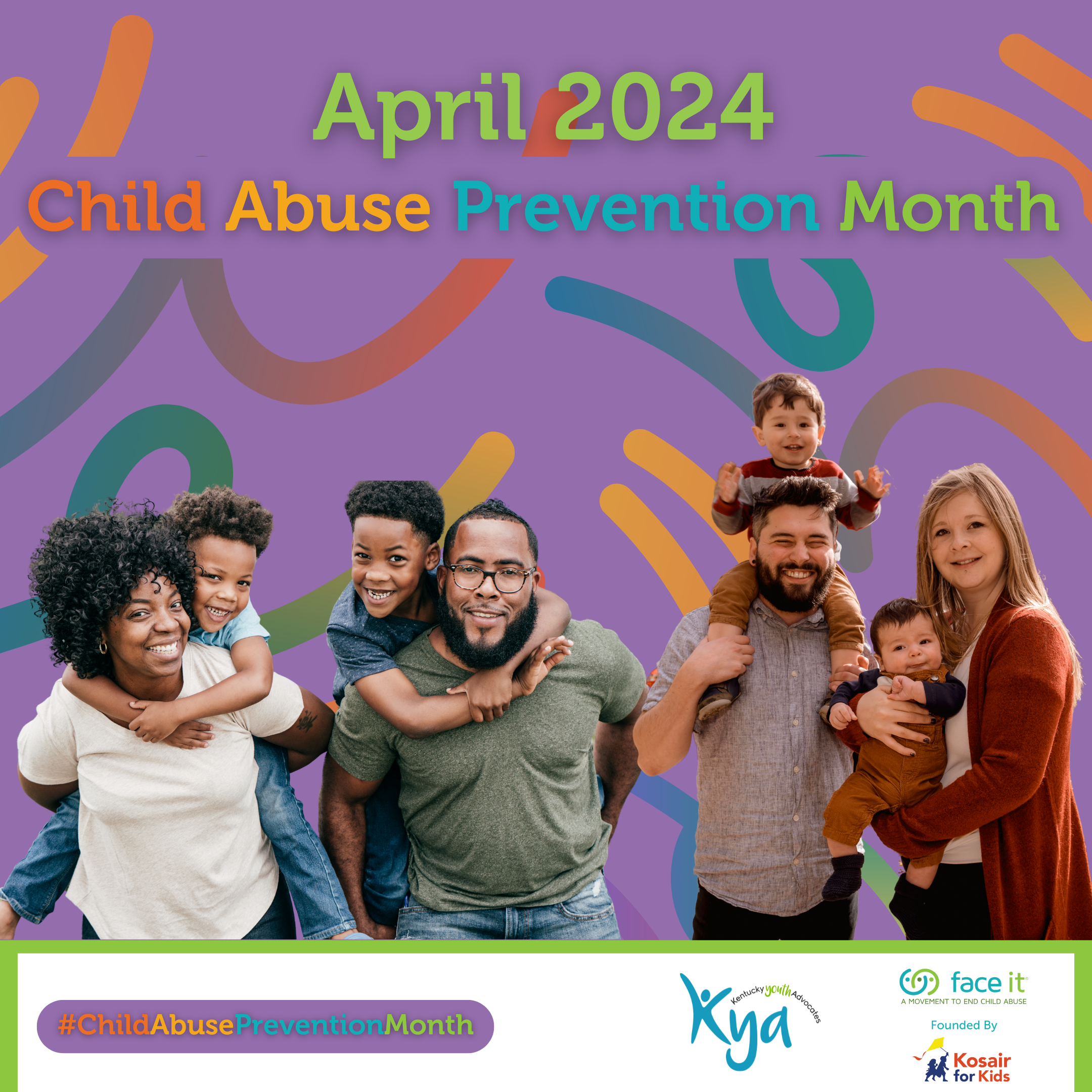 Kentucky’s juvenile justice reforms have reached their first year of full implementation and we are seeing positive results in making sure the state’s response matches what youth need to keep them from committing future offenses. Now with implementation well underway, the state agencies can work on ensuring implementation is meeting the standards of SB 200’s requirements for all youth in Kentucky.
Kentucky’s juvenile justice reforms have reached their first year of full implementation and we are seeing positive results in making sure the state’s response matches what youth need to keep them from committing future offenses. Now with implementation well underway, the state agencies can work on ensuring implementation is meeting the standards of SB 200’s requirements for all youth in Kentucky.
An analysis by the interim Commissioner of the Department of Juvenile Justice (DJJ) presented to the Juvenile Justice Oversight Council (JJOC) in April reported that from July 1, 2014 to April 1, 2016 the number of youth in out-of-home placements declined by 40 percent. This shows that the reform’s efforts to remove low-level, non-violent youth offenders from out of home placements is working.
In June, the Administrative Office of the Courts (AOC) noted that an integral part of the diversion process for youth, the Family Accountability, Intervention and Response (FAIR) teams, are all operating statewide as of May 2016. One-third of the cases reviewed by FAIR teams, which would have all gone to court previously, have been successfully resolved outside of the courts. And to ensure that all the FAIR teams are functioning at the high standards set by the reforms, AOC is committed to continuous quality improvement by identifying the needs for additional training and coaching, addressing concerns about facilitating meetings, and helping to resolve barriers to accessing services within specific communities.
Both AOC and the Department for Behavioral Health, Developmental and Intellectual Disabilities (DBHDID) are collaborating with DJJ on further training to those within their agencies. This evidence-based training, “Principles of Effective Intervention,” will be provided to FAIR teams and treatment providers from across the state to help reduce recidivism with youth involved in the juvenile justice system.
It is encouraging to hear how our state agencies are committed to ensuring they respond to youth behaviors in a way that achieves better outcomes for the youth by holding them accountable in more effective ways. This will not only improve future possibilities for young people, but will also improve the safety of our communities. By staying strong on implementing what works, Kentucky’s communities, youth, and families will all be better off.






Leave A Comment